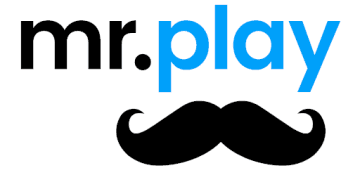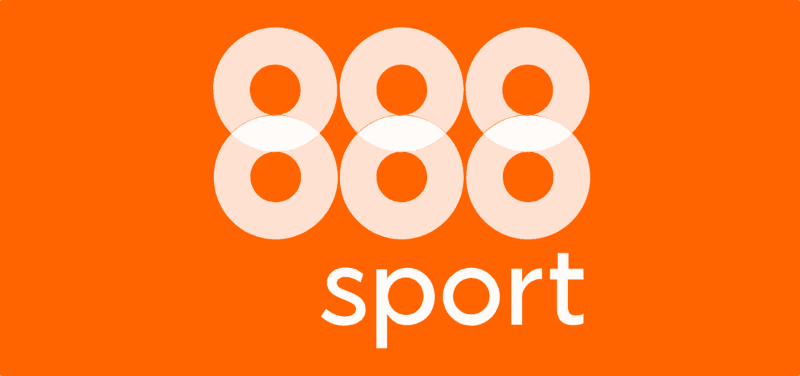The UFWC title will not be up for grabs during Sunday's UEFA Euro 2012 final between Spain and Italy, with the current Unofficial Football World Champions being the very un-European North Korea. However, the title has been contested at four previous European Championship finals, including matches involving this year's finalists.
The first occasion was in 1976, when UFWC champions Czechoslovakia met West Germany in Belgrade. This epic match was ultimately decided by one of the most famous penalty kicks of all time. Reigning European champions and World Cup holders West Germany lined up with the formidable Franz Beckenbauer at the heart of their side, but Czechoslovakia had a midfield legend of their own in Antonin Panenka.
The impressive Czechs took an early advantage, with Jan Svehlik and Karol Dobias putting them 2-0 up within half an hour. Dieter Muller pulled one back for West Germany, and, in the final minute, Bernd Holzenbein headed a last-gasp equaliser. The match went to extra-time, and then to penalties.
The first seven penalties were scored, but then Uli Hoeness blasted his kick over the crossbar. Up stepped Panenka. If the moustachioed midfielder scored, his country would win. He stepped to the ball, feigned to send the great Sepp Maier into a full-length dive, then coolly chipped the ball into the centre of the net. It was an extraordinary penalty kick, often imitated (including by Italy's Andrea Pirlo in this year's quarter final), but rarely bettered. Czechoslovakia won the shoot-out 5-3, and took the Euro trophy. This was the first ever UFWC title match to be decided by a penalty shoot-out.
The UFWC title was next contested at a Euro final in 1984, when unofficial champions France took on Spain in Paris. The home nation had blazed an impressive trail to the final, led by the magnificent Michel Platini. Spain were certainly an inferior team, but they had proved to be very difficult to beat. Approaching the final in a similarly obstinate style, the Spanish were able to frustrate the French, and the vast majority of the 47,000 spectators, in a goalless first half.
But, on 57 minutes, Platini's lobbed free kick was inexplicably allowed to slip over the goal-line by Spanish keeper Luis Arconada. In the final minute Bruno Bellone darted clear of the Spanish defence and chipped the ball over Arconada to seal the victory. It was France's twelfth UFWC win, but the first time the nation had ever won an official competition.
The next Euro/UFWC final occurred in 1996, in England. In an updated version of the 76 final, this time it was the Czech Republic versus Germany. Among the rule changes implemented for Euro 96 was the introduction of the Golden Goal � a goal scored during extra-time that would immediately win the match. The rule change would prove decisive.
There was no score at half-time, but 15 minutes into the second half Karel Poborsky surged towards the penalty area and flew theatrically over Matthias Sammer's outstretched leg. Despite German protests, a penalty was awarded, and Patrick Berger converted with his left foot. A wounded Germany pushed for an equaliser but struggled to find it. Then, with 13 minutes left to play, manager Berti Vogts brought on Oliver Bierhoff, who duly scored with his first touch, nodding in Christian Ziege's free-kick. The 90 minutes ended with the scores level.
Five minutes into extra time, super sub Bierhoff received the ball with his back to goal, spun his marker, and fired a left foot shot past Czech keeper Petr Kouba. Again there was controversy � an offside flag was raised. But the referee decided that the offside player was not interfering with play. Bierhoff's goal stood, and it was a winning Golden Goal. The final whistle blew, and Germany could celebrate.
Finally, we arrive at Euro 2000, with UFWC champions Italy facing France in Rotterdam. The French were World Cup champions, and were confident they were still the best team in the world. It was a tight game, and few were surprised that the first half ended 0-0. Then, in the 56th minute, Italy shocked the French by taking the lead through Marco Delvecchio. Top defenders Fabio Cannavaro and Alessandro Nesta helped Italy remained resolute until the very last minute, when French substitute Sylvain Wiltord squeezed into a rare gap to bag a last-gasp equaliser.
Going into Golden Goal extra time the balance of play shifted in favour of the French. Eight minutes into the extra period David Trezeguet whacked a Robert Pires cross into the roof of the Italian net. Another Golden Goal winner. Game over. France were Euro and UFWC champions.
All four of these matches - among more than a hundred others - are covered in more detail in the UFWC book
Unofficial Football World Champions, available now in paperback and as an ebook. It could neatly fill that football-sized hole in your life after the Euro 2012 finals are out of the way.
Looking ahead, the next UFWC title match is still scheduled to be Iran vs North Korea on 9 October, but there's every chance that title holders North Korea could arrange another match before then. Watch this space and follow us on
Twitter and
Facebook for updates.









